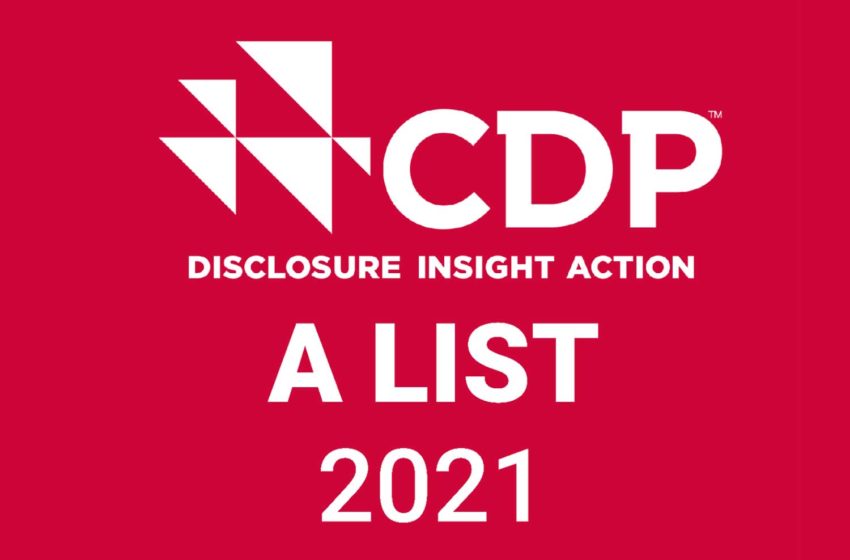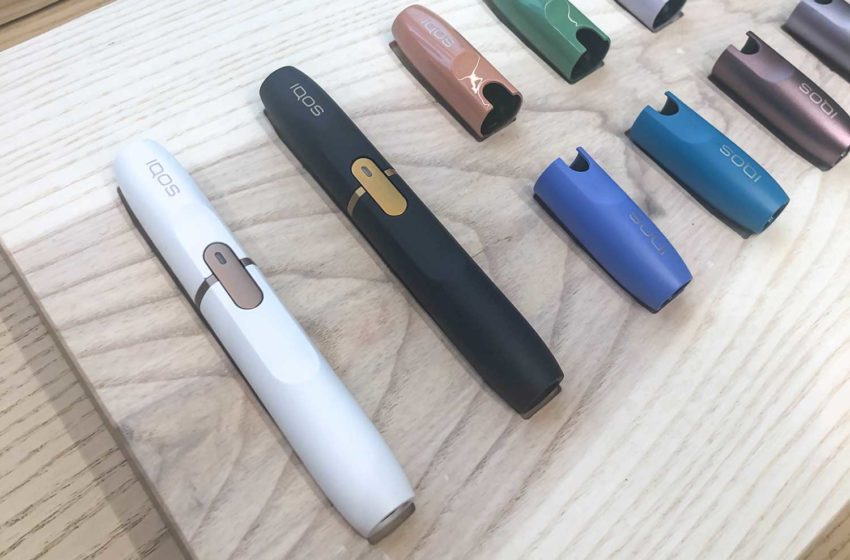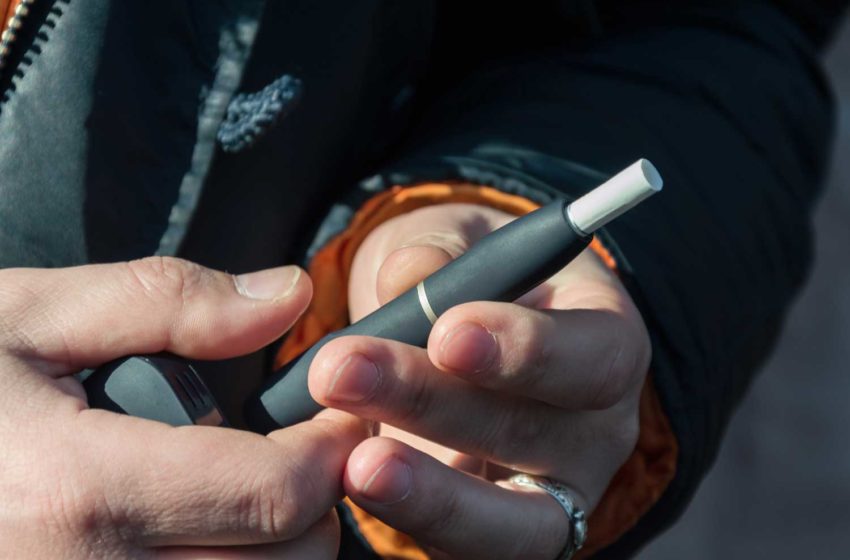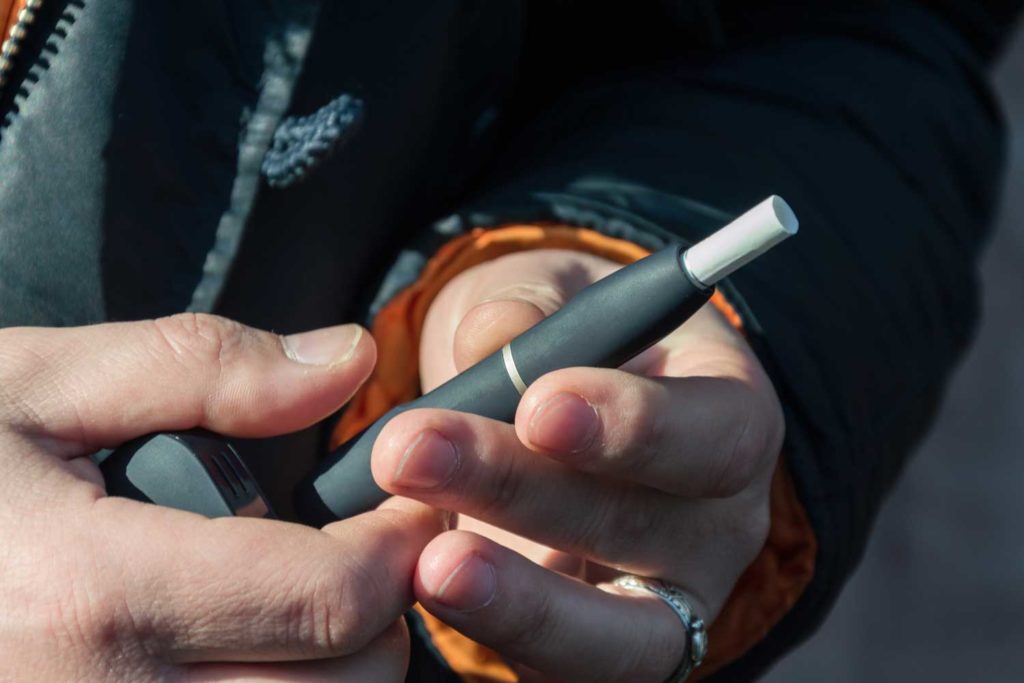 CDP has recognized Philip Morris International, Japan Tobacco, Imperial Brands and Altria Group for their environmental leadership.
CDP has recognized Philip Morris International, Japan Tobacco, Imperial Brands and Altria Group for their environmental leadership.
PMI received CDP’s “Triple A” score, recognizing the company’s environmental performance in tackling climate change as well as protecting forests and water security.
“External validation from organizations like CDP encourages us to continue on our journey to create a net-positive impact on society,” said PMI Chief Sustainability Officer Jennifer Motles, in a statement. “We are humbled PMI has received CDP’s Triple A distinction for a second time.”
Japan Tobacco made CDP’s A List for the third consecutive year.
“We are delighted to be included in the CDP’s Climate Change A List and Water Security A List for the third consecutive year,” said Kazuhito Yamashita, member of the board and senior vice president, chief sustainability, in a statement. “This clearly reflects our continued efforts to reduce our environmental footprint and expand our transparency in disclosing information.”
Imperial Brands made CDP’s climate change A List for a third successive year.
“We have a good track record in minimizing our impact on the environment and are committed to rapidly stepping up the decisive actions required to combat climate change,” said Imperial Brands Global ESG Director Tony Dunnag in a statement.
Altria was recognized by CDP for a second consecutive year with a double A rating for tackling climate change and protecting water security.
“We are committed to conserving the natural resources on which our businesses and communities rely,” said Jennifer Hunter, senior vice president, corporate citizenship at Altria in a statement. “As the latest science makes clear, the global community needs to quickly increase the ambition and progress of environmental targets, build climate resilient businesses and prepare for the net zero economy. Altria is committed to doing our part.”
CDP is a not-for-profit charity that runs a global disclosure system for investors, companies, cities and regions to manage their environmental impacts. Its process is acknowledged as the gold standard of corporate environmental transparency.
The organization’s full 2021 A List of companies is available here.



















